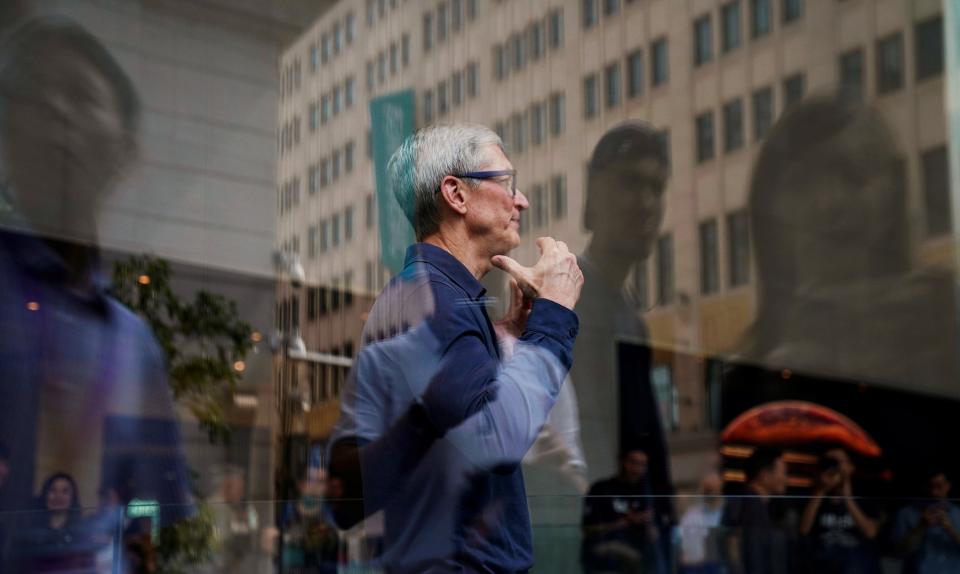The Trump administration’s announcement of tariffs on an additional $267 billion-worth of Chinese goods last month led Apple Inc. to warn that the tariffs would force it to raise the cost of its products. US President Donald Trump's response? "Make your products in the United States instead of China. Start building new plants now."
But the company is in no position to follow that advice, according to commentator Luan Xiaoyu, writing for the Economic Daily.
Nearly half of Apple's more than 700 suppliers are Chinese, with many of the rest being European, Japanese or South Korean. If Apple were to take its manufacturing operations to the US, suppliers would be unlikely to follow. Furthermore, the company would risk losing the Chinese market. Trump's advice would see the company face increased costs and dent its competitiveness.
Apple’s dilemma reflects inherent flaws in Trump’s “America First” policy. The manufacturing sector is far more complicated than he realises, and forcing large companies back to America will not work. Developed nations have been outsourcing manufacturing to the developing world since the 1980s, and reversing this would take tremendous spending, more skilled workers and a different set of values, the commentator contends.
It is the market that determines the supply chain, not companies – no matter how great their prowess, Luan says. “Made in China” has become a significant link in the global supply chain – and it is not one that American manufacturing can easily bypass. The market led Tesla, ExxonMobil and Ford to maintain or expand their investment in China. More significantly, globalization cannot be reversed – manufacturing in particular requires an open environment to maximise the value chain.

 Old Version
Old Version